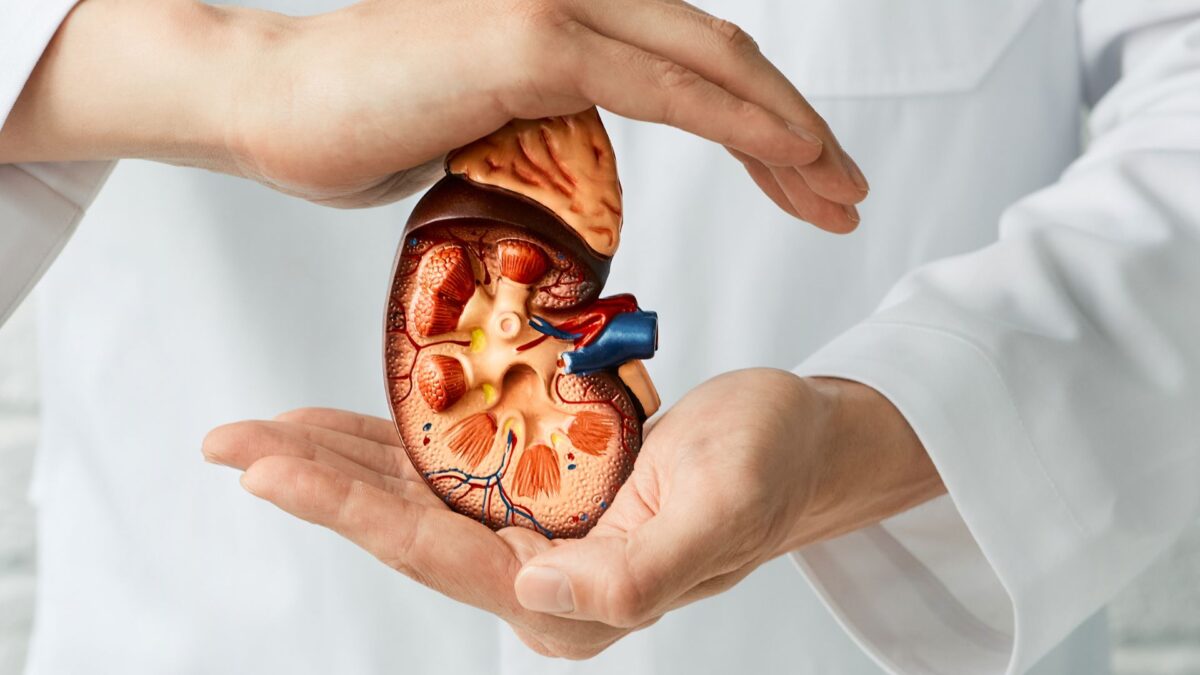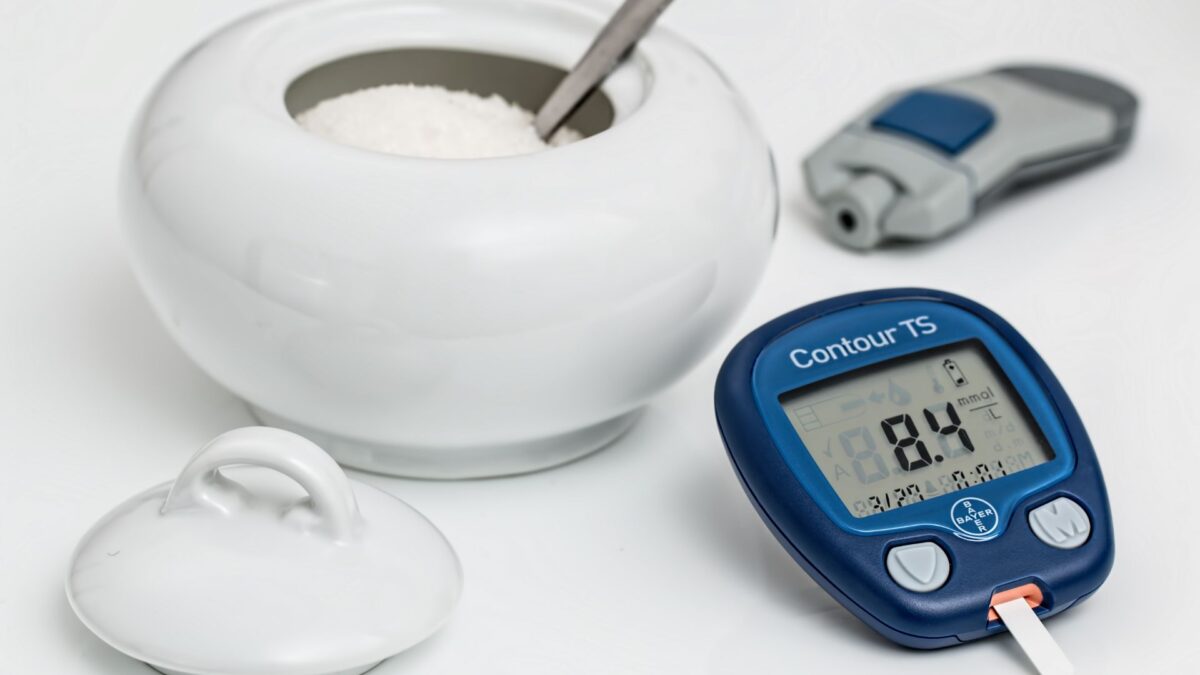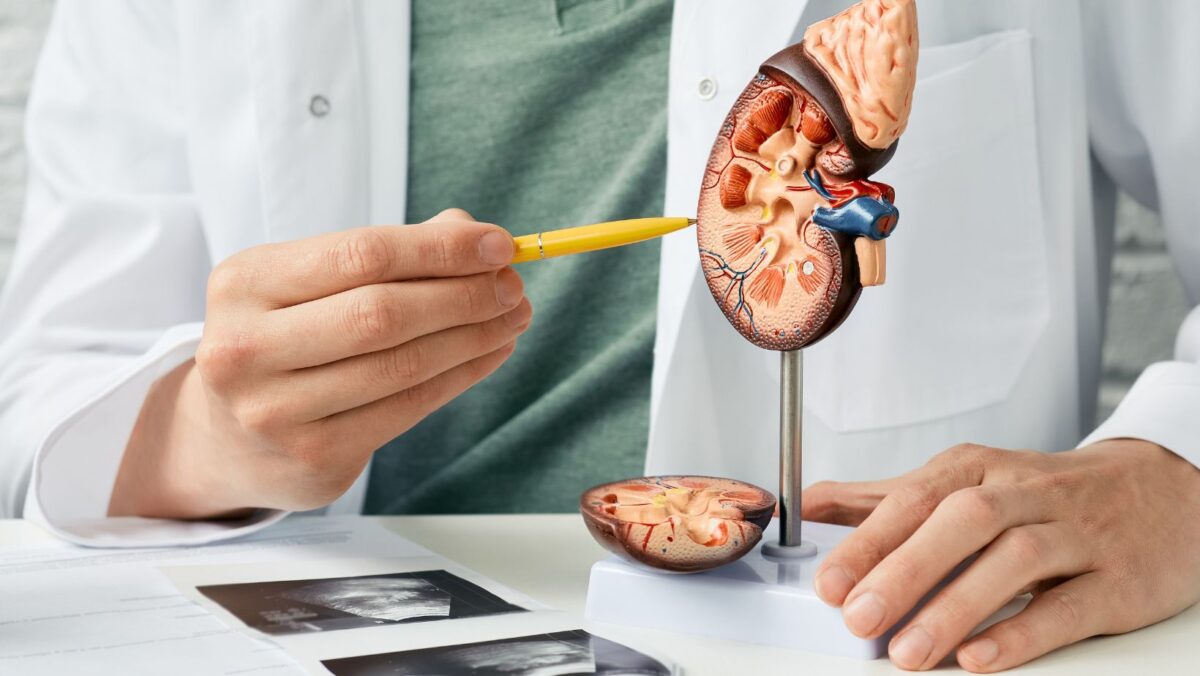You probably know that your kidneys play an important role in your overall health, but do you know what the nephrologist’s role is in caring for them?
A nephrologist is a doctor who specializes in the care and treatment of the kidneys. If you have a kidney infection, renal cancer, or any other kidney-related issue, you would see a nephrologist.
In addition to treating existing conditions, nephrologists also work to prevent kidney disease. They can help you create a healthy diet and lifestyle that will keep your kidneys functioning at their best. If you have any concerns about your kidneys, it’s important to talk to your doctor. A nephrologist can provide you with the best possible care and support.
How Can a Nephrologist Help You if You Have Kidney Disease?
If you have kidney disease, a nephrologist can help in a few different ways.
First of all, they can help to diagnose your kidney disease if you are experiencing symptoms like fatigue, swelling, or changes in urination. They will order tests and look at your medical history to try to determine what is causing your kidney disease.
Secondly, they can help to manage your kidney disease by prescribing medications and making lifestyle recommendations. They will work with you to create a treatment plan that is right for you.
Lastly, they can provide support and information to you and your family. Kidney disease can be a difficult thing to deal with, and a nephrologist can help make it easier by answering your questions and providing resources.
What Are Some Common Tests and Procedures Performed by Nephrologists?
Nephrologists perform a variety of tests to evaluate kidney function and identify any potential problems. Some of the most common tests and procedures include:
-Urine tests: Urine tests are used to assess kidney function and look for signs of infection or other problems.
-Blood tests: Blood tests can be used to measure kidney function, assess electrolyte levels, and check for anemia.
-Imaging studies: Imaging studies, such as ultrasounds, CT scans, and MRIs, can be used to evaluate the structure and function of the kidneys.
-Kidney biopsy: A kidney biopsy is a procedure in which a small sample of kidney tissue is removed for further examination.
When Should You See a Nephrologist?
Your primary care physician is a great starting point for all of your health needs, but there are some cases where you might need to see a specialist. For example, if you have diabetes, high blood pressure, or a family history of kidney disease, you should see a nephrologist.
A nephrologist is a doctor who specializes in the kidneys. They can help diagnose and treat kidney diseases, as well as guide how to keep your kidneys healthy.
If you have any concerns about your kidneys, or if you have risk factors for kidney disease, be sure to talk to your primary care physician. They can refer you to a nephrologist if necessary.







